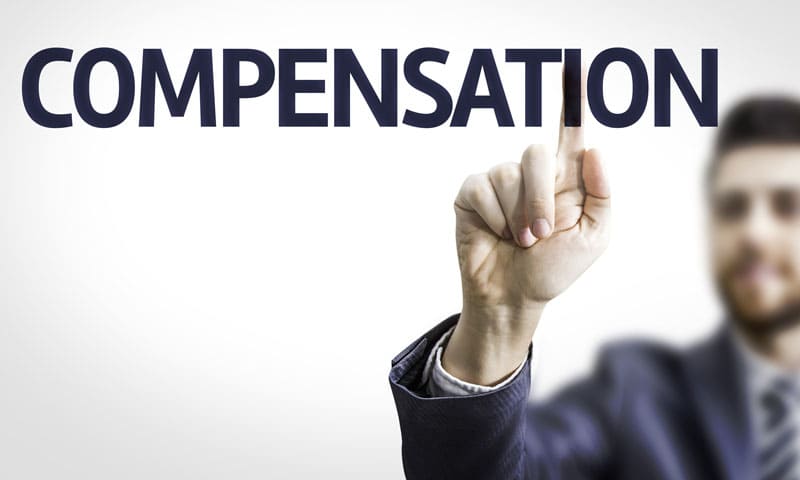Masanobu Nakamura, a spokesman for Meiji Holdings Inc., a Japanese dairy-products company says, “The reality is harsh: It’s hard to make a profit in the market.” After a 2010 outbreak of foot and mouth disease the country kept their import ban in place. “The business environment changed,” stated Masanobu Nakamura. According to economic research groups they have done things in China that we normally wouldn’t do in the U.S. or in Europe.
After being singled out by state-owned media for criticism earlier this year, Apple Chief Executive Officer Tim Cook apologized for the company’s iPhone warranty and repair policies in China. Apple was one of the companies China media CCTV criticized for their customer service. The Starbucks Corporation was also accused, in October, of charging more for coffee in China than anywhere else. Additionally, Samsung Electronics Co.’s smartphones were unmasked to not work properly. Later on, in December, the Chinese TV station focused its attention to auto companies, then accusing Subaru, Jaguar and Audi of overcharging as well.
In a statement Jaguar Land Rover said that it abides by China’s laws and determines pricing based on market conditions. Martin Kuehl, head of corporate communications in Beijing for Audi stated that the company applies the same standards for pricing of spare parts worldwide.
Although there were no companies listed in the statement, Bloomberg News has reported that The NDRC said on its website on December 15, it will begin to oversee pricing in certain industries and to punish the companies that break antitrust rules to keep price levels stable. Penny Pritzker, the Commerce Secretary told Bloomberg News that the U.S. is pushing China to provide fairer treatment for foreign companies that operate in the country. China’s Ministry of Commerce, State Council Information Office and the NDRC didn’t answer faxes or repeated calls seeking comment on the measures against overseas enterprises.
Image Credit: www.bloomberg.com

















































